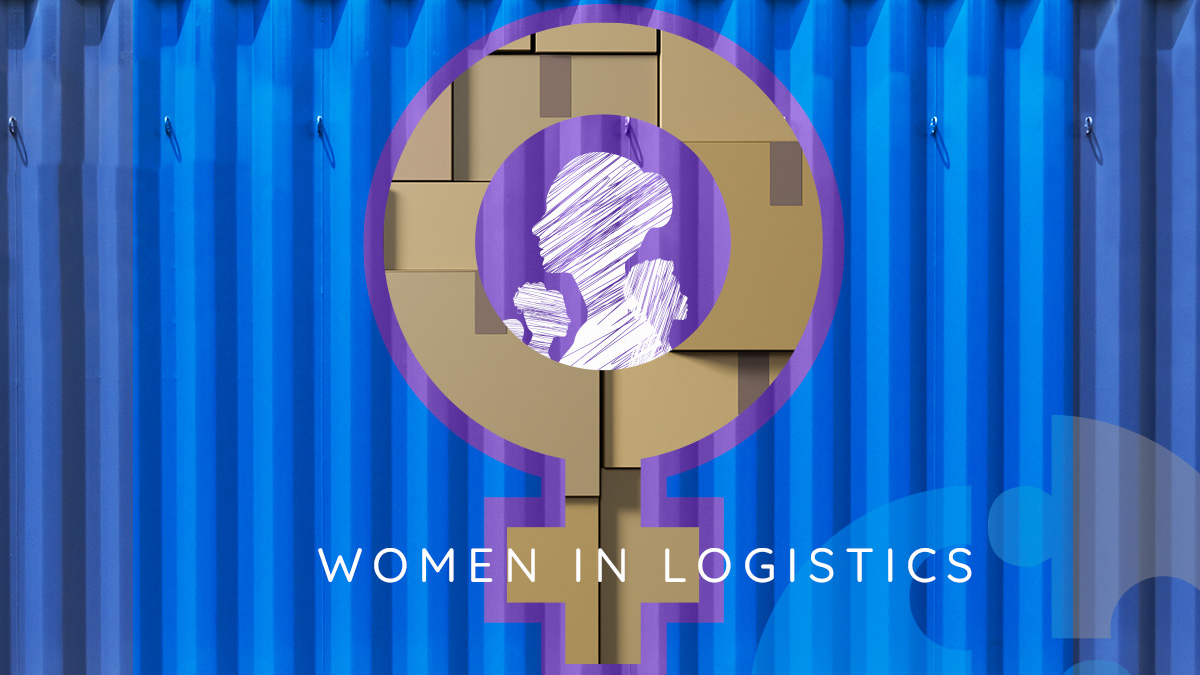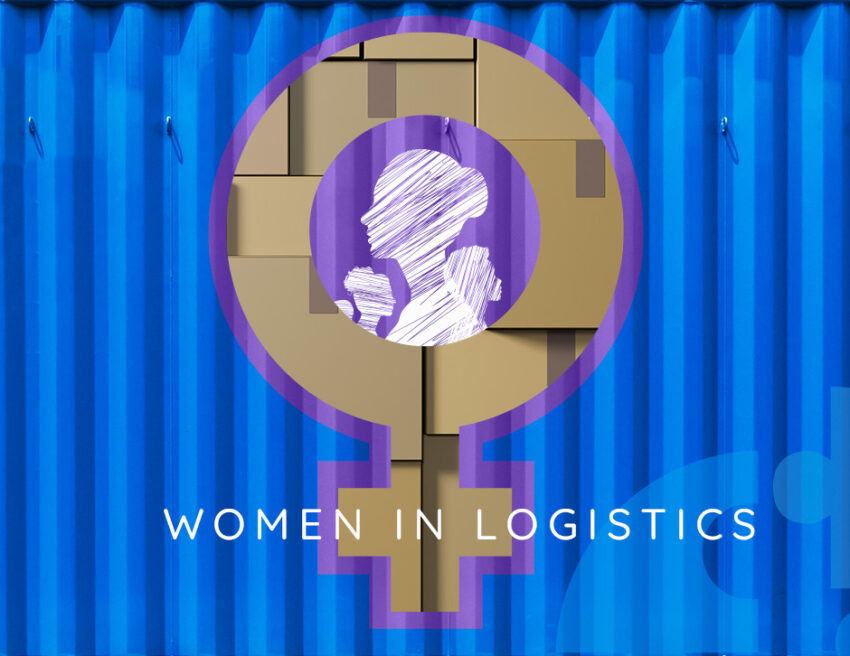Over the past few decades, there has been a notable increase in the presence of women professionals in the transportation and logistics industry. While the field remains predominantly male-dominated, the sight of women in the freight forwarding sector is no longer as rare as it was in the 80s or 90s. To foster a necessary shift in perspective, the logistics sector requires more women entrepreneurs and professionals. In celebration of International Women’s Day last week, we present a special blog highlighting the ascent of women professionals in the transportation sector and their significant contributions.
Transportation and Logistics Industry – A Male Dominated sector
As we progress into the first quarter of 2024, women remain an untapped resource within the talent pool of the transportation and logistics industry, which remains predominantly male-dominated. Fostering an inclusive work culture is essential for industry players to unearth new and innovative ideas that can contribute to overall growth. On International Women’s Day 2024, the logistics sector should prioritize a mission to cultivate greater gender diversity and acknowledge the talent and achievements of women professionals.
In recent times, the industry has embraced inclusive policies, leading to a rise in the number of female professionals. The sector is now adopting a skill-based approach to workforce recruitment. In an era where organizational success hinges on improved output, a diverse workforce with the necessary expertise has become indispensable for the success of logistics companies.

Changing Scenario: Increasing Presence of Women Professionals in Logistics Industry
Traditionally, transportation and logistics have been associated with physical labor, making it less appealing as a career choice for many women. However, the landscape is rapidly changing with the advent of digitization. In the present era, physical strength is no longer a prerequisite for securing a job in the industrial sector. The automation of manual tasks, handled by robots, has paved the way for increased inclusivity in the sector.
Currently, female professionals in logistics predominantly occupy office roles in areas such as human resources, management, or sales. However, with the continuous demand for logistics services and its integration into the value chain of international commerce, the industry is opening up various career opportunities for women. Additionally, women often exhibit skills such as conflict management, flexibility, responsiveness, decision-making, and goal attainment, which are valuable in the logistics field. There is substantial evidence that a more diverse workforce could significantly enhance the overall performance of the supply chain industry.
Contribution of Women in Logistics
Achieving optimal results requires a team with diverse talents that bring varied perspectives to the decision-making process, and inclusion and diversity serve as the keys to this success. In essence, the increased presence of women in boardrooms is enhancing the bottom line of organizations. Women, known for their patience and multitasking skills, often showcase the ability to handle multiple tasks, significantly boosting organizational efficiency. Client servicing is another sector that can benefit from the inclusion of more women professionals. Women, often more empathetic than their male counterparts, possess qualities that can help win over disgruntled clients, especially during crisis moments.
How Digitization is Contributing to Gender Equality in the Logistics sector
The emphasis on gender diversity in recent decades has facilitated the emergence of women in a sector historically considered a male stronghold. While women have been involved in warehouse jobs, there was a prior reliance on men for tasks involving heavy lifting. However, digitization and the introduction of warehouse robots now enable women to perform tasks traditionally carried out by men. he traditional requirement of physical strength as a prerequisite for employment in the industrial sector is no longer applicable today. The logistics industry has evolved to become more inclusive, presenting female specialists and managers with numerous career opportunities. Today, we frequently observe women taking on roles such as forklift and equipment operators, warehouse managers, shift supervisors, and various other positions in the logistics industry.
Survey results indicate unanimous agreement among women that logistics is an exciting and dynamic field of work. Its appeal can further elevate with increased participation of women who bring valuable contributions such as additional empathy, positive communication behavior, and a high level of openness, including a strong willingness to learn, enriching what has traditionally been a male-dominated domain.
How Logistics Companies can Attract More Women into its Workforce
Set a Target
Freight forwarding companies should set a clear gender equality targets and communicate them to the entire workforce. They need to encourage regular conversations to cultivate a culture of equality within the company and create an environment that supports the growth and contributions of women. Additionally, having women involved in the recruitment process can encourage more female candidates to apply.
Flexible Work Arrangements
Companies should offer flexible work arrangements, such as remote work options or flexible hours, to accommodate the diverse needs and responsibilities of women, especially those with families. Moreover, the freight forwarding companies need to review and revise workplace policies to ensure they support work-life balance, family planning, and other considerations important to women. A family-friendly workplace is more likely to attract and retain female talent.
Equal Pay Policies
Clearly communicate and implement equal pay policies. Demonstrating commitment to gender pay equality is crucial in attracting and retaining female talent.
Training and Skill Development
Provide training programs and skill development opportunities can be specifically designed to empower women in logistics. It is important to equip them with the necessary skills to excel in various roles within the industry. Companies need to collaborate with educational institutions to promote logistics careers among female students and provide internships, scholarships, or logistics educational programs to encourage more women to consider careers in logistics.
In this context it should be said that, The Cooperative Logistics Network’s online academy offers a range of freight forwarding courses that helps both newcomers in the industry as well as those who wants to brush up on their industry knowledge.
By implementing these strategies, logistics companies can create a more inclusive and appealing work environment, ultimately attracting a diverse and talented workforce, including more women.
The Women at The Cooperative
A salute to the women at The Coop’s head office holding key positions, tirelessly working around the clock to ensure a seamless experience for the agents. This post extends appreciation to all the women in the freight forwarding industry who are problem-solvers, out-of-the-box thinkers, and dedicated contributors to the growth of their companies and the sector as a whole! Their dedication and innovation make invaluable contributions to the success of the industry. Cheers to the women shaping the future of freight forwarding!


